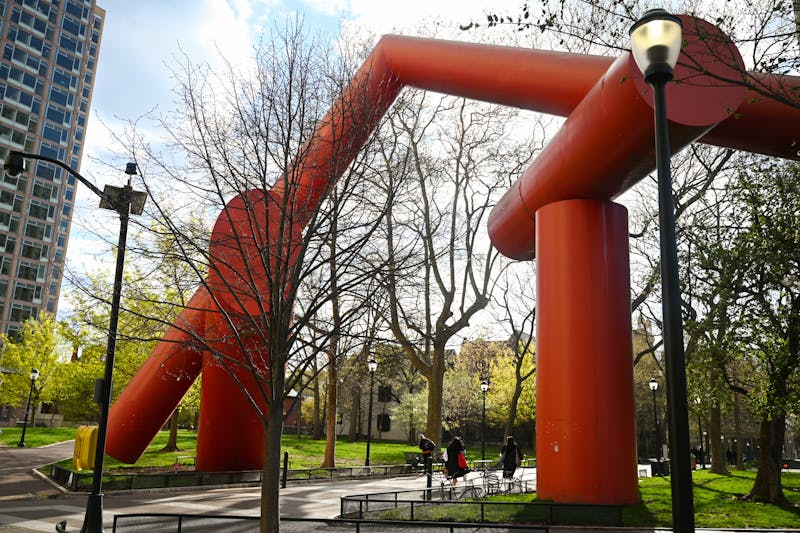Attempts to trademark catchphrases from the Occupy movement have sparked unlikely controversy between protesters and those attempting to profit from their cause.
“We are the 99 percent” is among the phrases that have been submitted for trademarking at the United States Patent and Trademark Office.
“Occupy Wall St.” was filed by a couple from Long Island, according to a Nonprofit Quartlery this month, while “Occupy Wall Street” has been submitted by a businessman from Arizona.
However, members of the Occupy Wall Street protests have also banded together to trademark their name, Wylie Stecklow, a lawyer representing Occupy Wall Street protesters in New York told The Washington Post.
“I would like to ensure that this isn’t co-opted for commercial purposes,” Stecklow said in the Nov. 6 article. “The trademark can be used for noncommercial purposes.”
Law School professor David Abrams, however, believes “the point of a trademark … is for use in business.”
Generally, symbols that express a company are trademarked to protect that association, he said. Using the Nike swoosh as an example, he said these symbols often invoke the company.
Trademarking a general symbol — such as “Occupy” — would be difficult, according to Abrams. More specific phrases, such as “Occupy Philadelphia” or “Occupy Wall Street” would be easier to trademark, but could lead to internal disagreements regarding infringement.
According to the U.S. Patent and Trademark Office, “a trademark typically protects brand names and logos.”
For Jon Laing, an organizer from the media committee for Occupy Philadelphia, it doesn’t make sense to trademark the protest. “This is a populace idea, so everyone owns it,” he said.
After the application is filed for a trademark, it is evaluated to determine whether federal law permits it to be registered. The vast majority of applications are ultimately approved, Abrams said.
Once registered, the trademark allows the owner to protect how the trademarked symbol is used. The owners gain “the ability to recover damages from someone else who infringed it,” Abrams added.
Others have been benefiting monetarily off of the Occupy movement, according to Nonprofit Quarterly. Ray Agrizone, who started theoccupystore.com, sells Occupy merchandise including bumper stickers and sweatshirts.
Agrizone is a self-described “entreprotester” than entrepreneur and he has pledged 10 percent of his sales to Occupy Wall Street.
For Marketing professor Patti Williams, Occupy merchandise may not only fund the movement, but also allows more people to participate.
“Much of consumption is about self-expression and I’m sure that purchases of Occupy merchandise would be very self-expressive,” Williams wrote in an email.
The idea of returning all profits to the movement is important to keep merchandise in line with the movement’s ideal.
“The Occupy movement has a core value around abhorring greed and profit-making purely for the sake of making profits … so it will be important that Occupy consumers think that any profits earned are put back into the mission of the movement,” Williams wrote.
However, trademarking doesn’t make sense for Laing. Occupy “is an idea for the people and by the people,” he said. “No one should have claim to that.”
The Daily Pennsylvanian is an independent, student-run newspaper. Please consider making a donation to support the coverage that shapes the University. Your generosity ensures a future of strong journalism at Penn.
DonatePlease note All comments are eligible for publication in The Daily Pennsylvanian.








